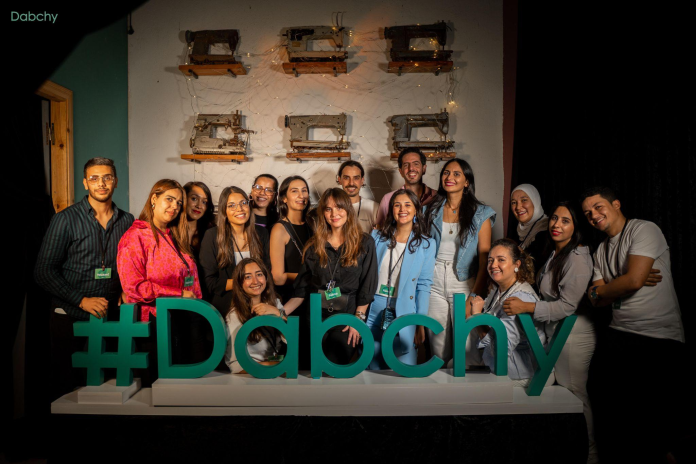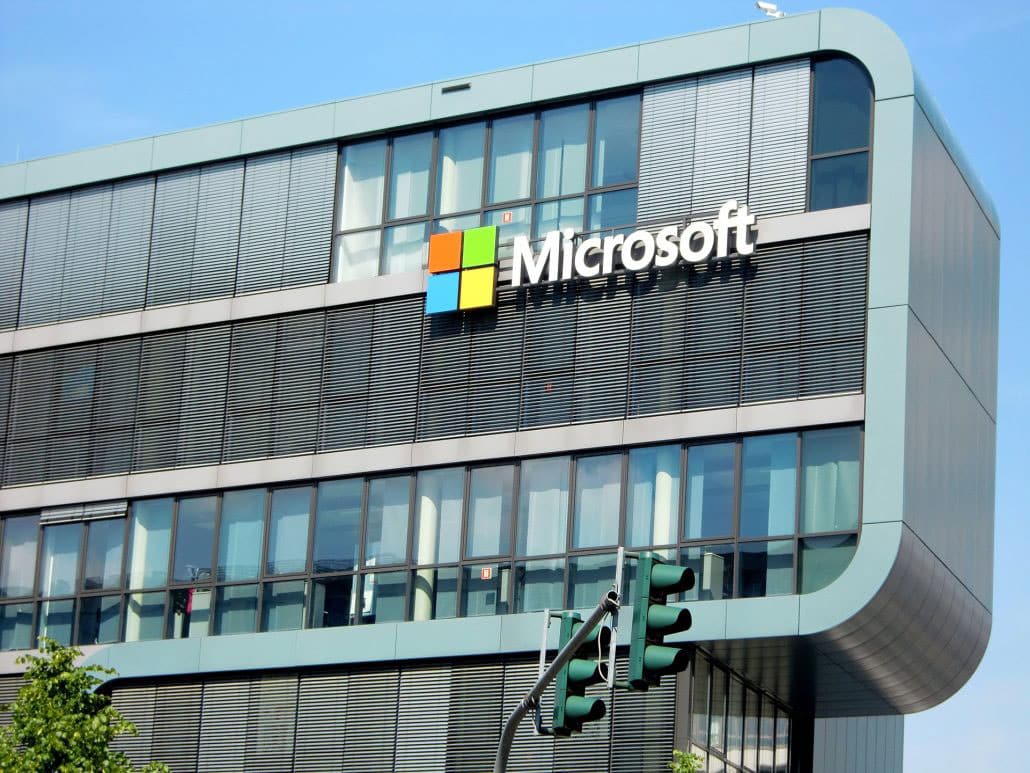Day: February 20, 2025
-

Tunisia’s Dabchy Secures Funding from Janngo Capital, Renew, and Village Capital to Scale Circular Economy
Dabchy, a leading online marketplace for second-hand fashion in the Middle East and North Africa (MENA), has raised a seven-figure pre-Series A funding round.
-

Ethiopia Secures $600 Million Investment as EABC, EIH, and Asset Green Partner in Agribusiness Project
Ethiopia’s agricultural sector, the Ethiopian Agricultural Businesses Corporation (EABC), Ethiopian Investment Holdings (EIH), and UK-based private equity firm Asset Green have entered into a shareholders’ agreement to launch a comprehensive dairy and crop farming initiative.
-

Microsoft to Train 1 Million Nigerians in AI to Boost Digital Workforce
Microsoft has unveiled a $1 million initiative to train one million Nigerians in artificial intelligence (AI) and digital skills over the next two years.